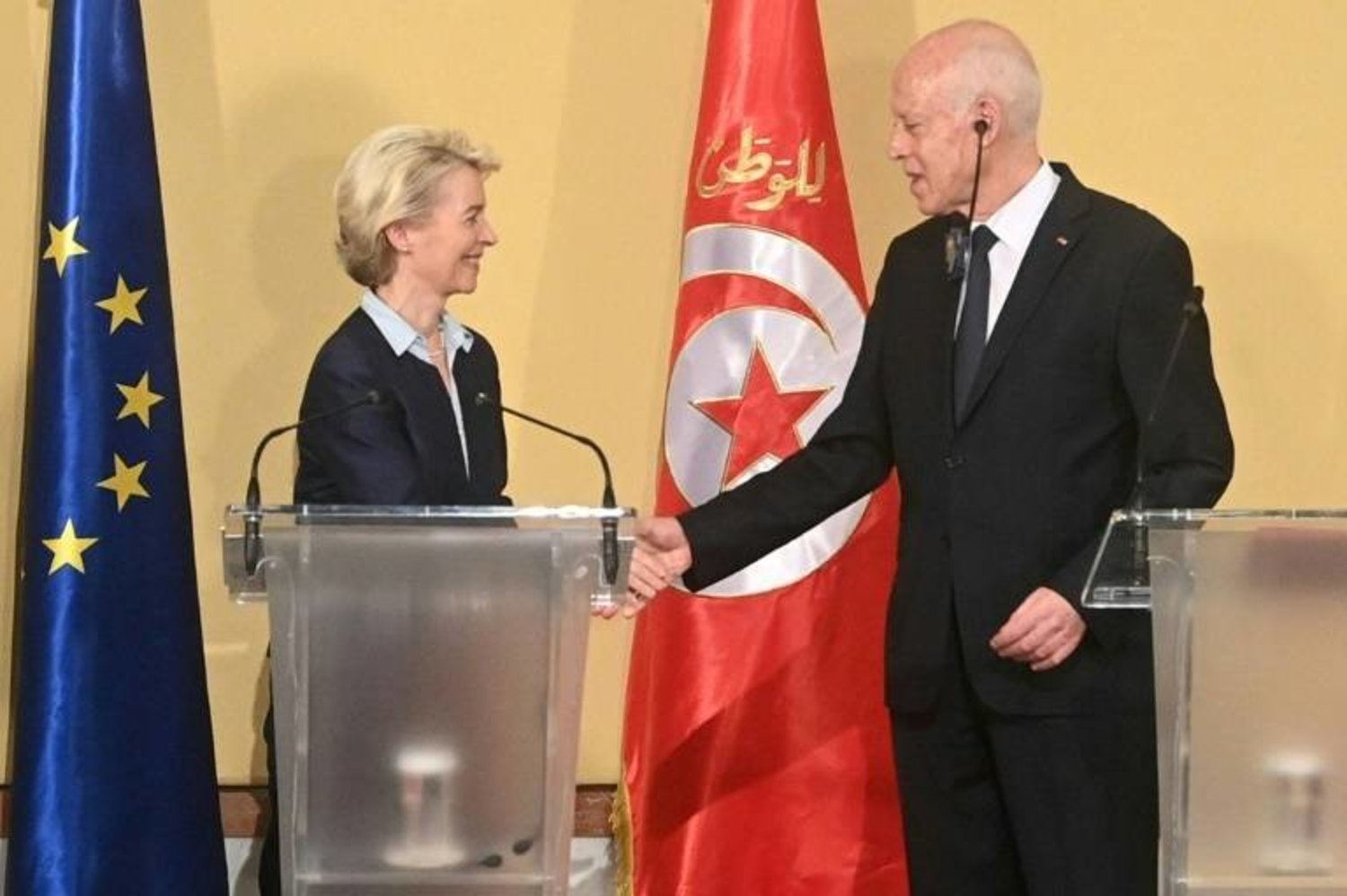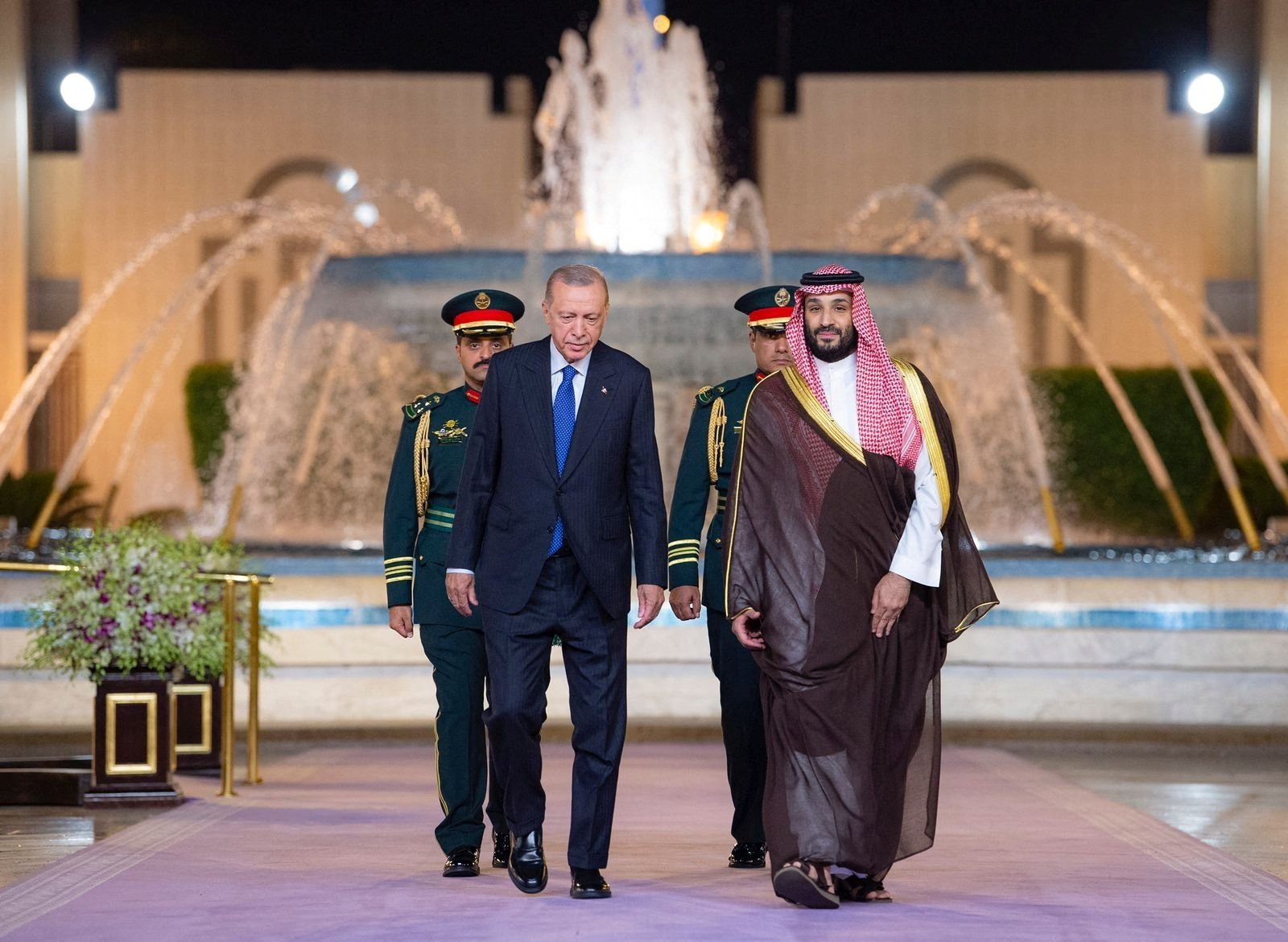European Union leaders and the Tunisian government have come together to sign a significant “strategic partnership” deal aimed at addressing the issue of undocumented immigration and fostering stronger economic cooperation between the EU and Tunisia. The agreement, announced following renewed talks between European Commission President Ursula von der Leyen, Dutch Prime Minister Mark Rutte, Italian Prime Minister Giorgia Meloni, and Tunisian President Kais Saied, intends to tackle the escalating number of refugees departing from Tunisia to reach Europe. This news report provides an overview of the key points covered in the deal and the challenges that prompted its formulation.
Joint Efforts to Combat Undocumented Immigration
In response to the alarming increase in refugees attempting to make the perilous journey from Tunisia to Europe, the European Union has pledged to allocate 100 million euros ($112m) to Tunisia. The financial aid aims to support Tunisia’s efforts in combating undocumented immigration. European Commission President Ursula von der Leyen emphasized the urgency of addressing this issue and expressed the EU’s commitment to working closely with Tunisia to ensure safer migration routes and discourage irregular migration.
Strengthening Economic and Trade Relations
The “strategic partnership” deal also places significant emphasis on bolstering economic ties between the European Union and Tunisia. It seeks to promote macroeconomic stability, trade, and investment between the two regions. By fostering a mutually beneficial relationship, the agreement aims to enhance economic growth, create job opportunities, and drive sustainable development in Tunisia. This collaboration is expected to open doors for increased bilateral trade and investments, benefiting both the EU and Tunisia.
Addressing Racial Tensions and Protecting Refugees
Recent months have witnessed thousands of African refugees seeking refuge in the city of Sfax, Tunisia, despite President Kais Saied’s claims that the rise in sub-Saharan migration was altering Tunisia’s racial composition. Unfortunately, his comments sparked racist attacks, forcing hundreds of people to flee Sfax. The EU-Tunisia partnership deal aims to address such tensions by advocating for inclusivity, respect for human rights, and protection for refugees. By promoting legal immigration channels and working to dispel racial prejudices, the agreement strives to create an environment of acceptance and safety for all individuals residing in Tunisia.
The “strategic partnership” deal between the European Union and Tunisia represents a significant step toward addressing the challenges posed by undocumented immigration and strengthening economic cooperation. The agreement’s focus on combating irregular migration, promoting economic growth, and fostering inclusivity holds the potential to improve the lives of individuals in both regions. As implementation begins, it is hoped that this partnership will pave the way for safer migration routes, increased economic opportunities, and a more harmonious society in Tunisia and beyond.
















